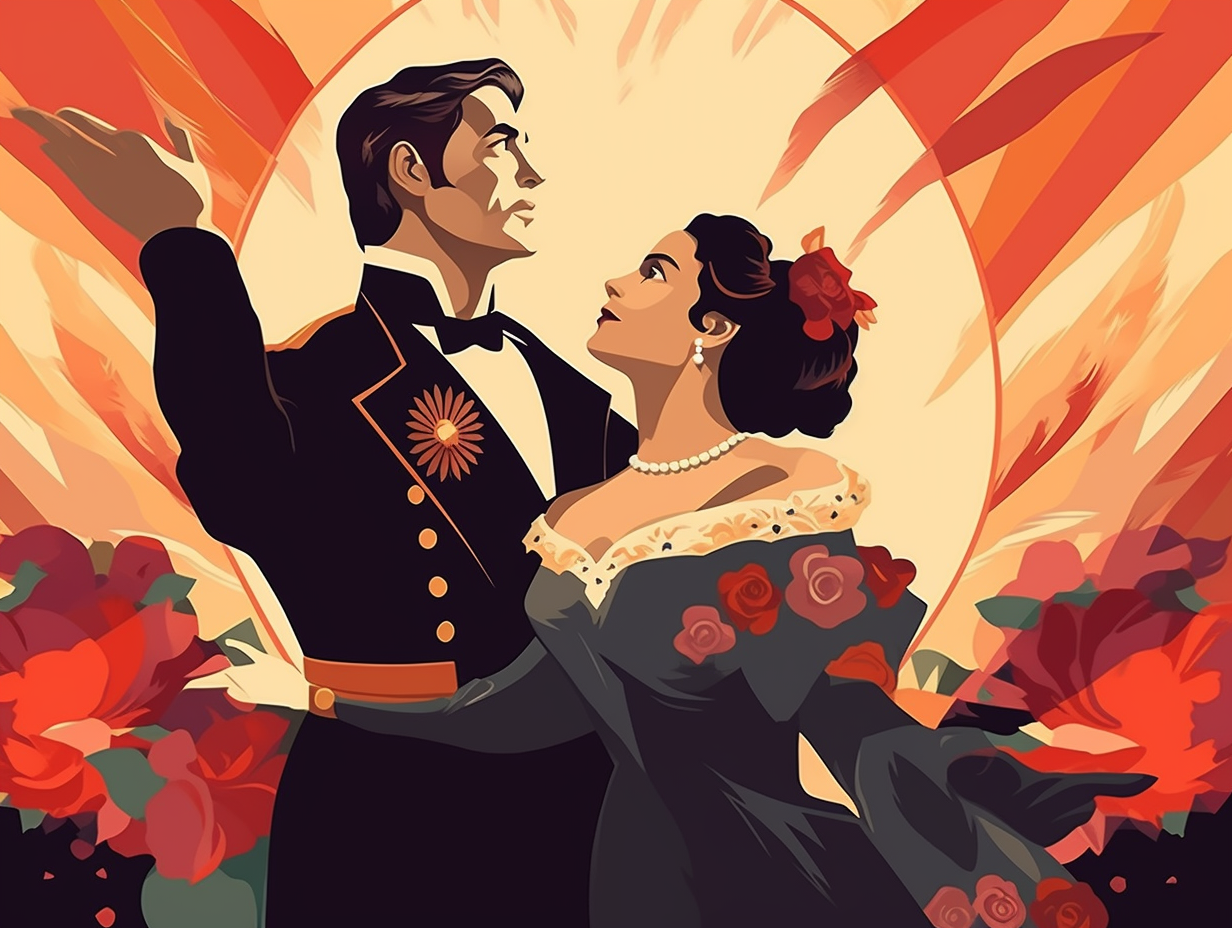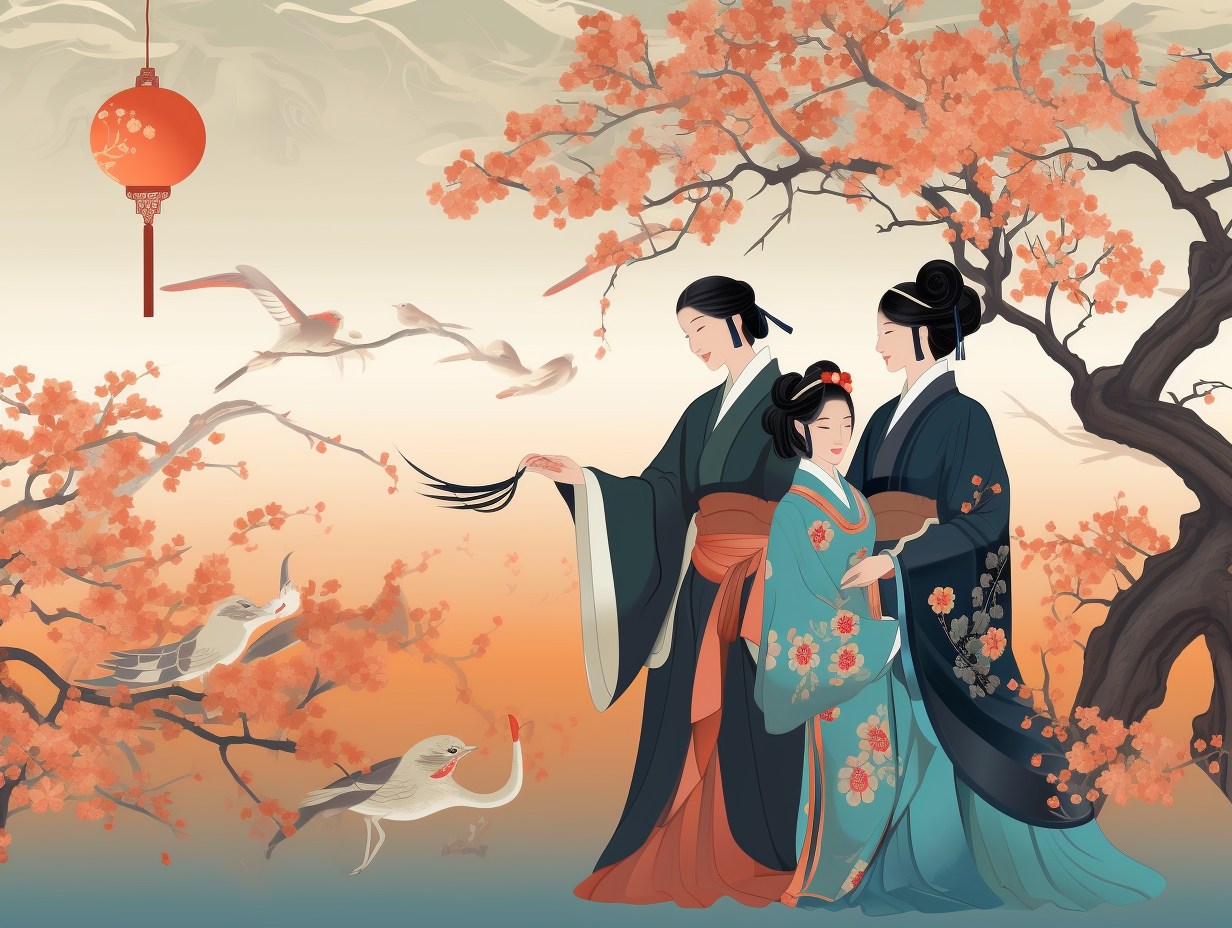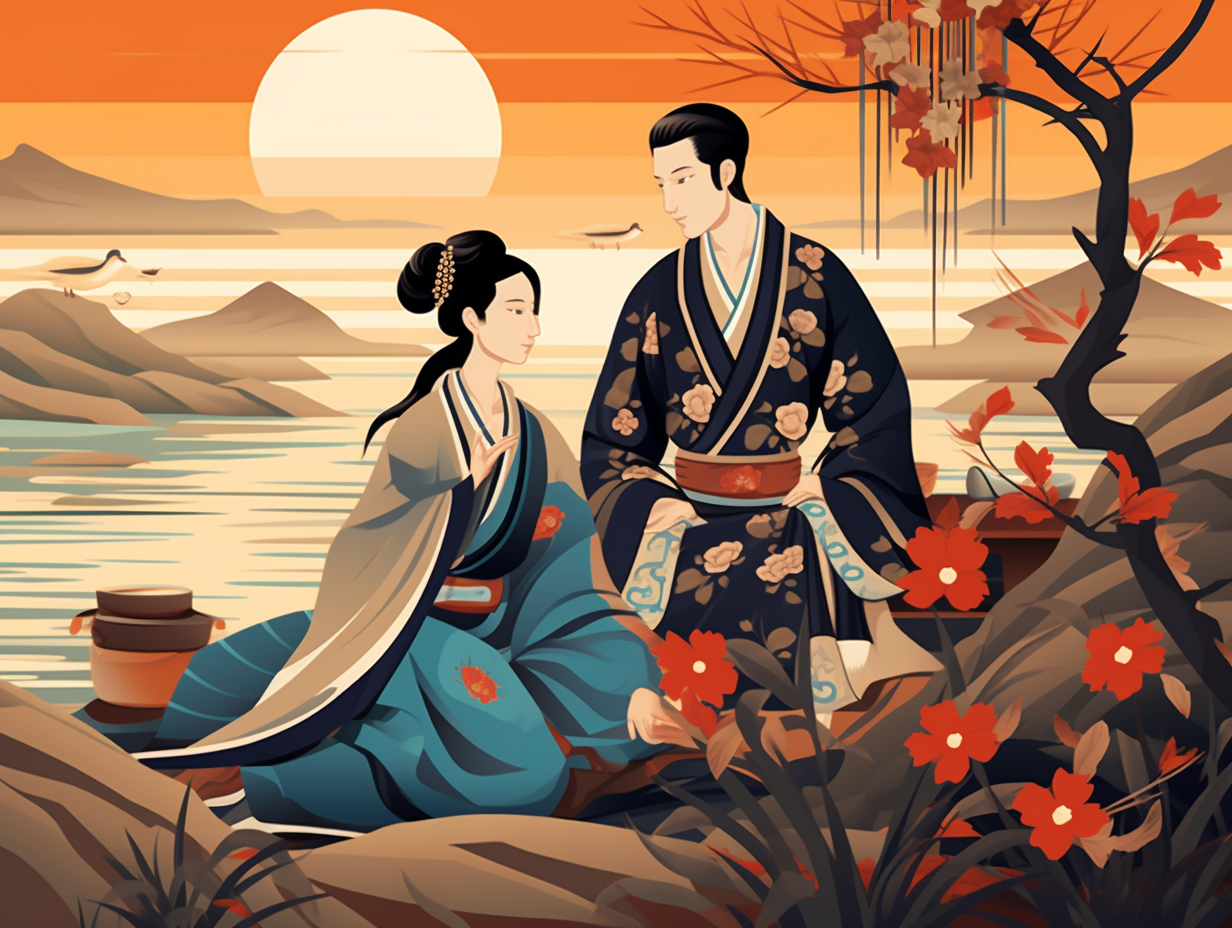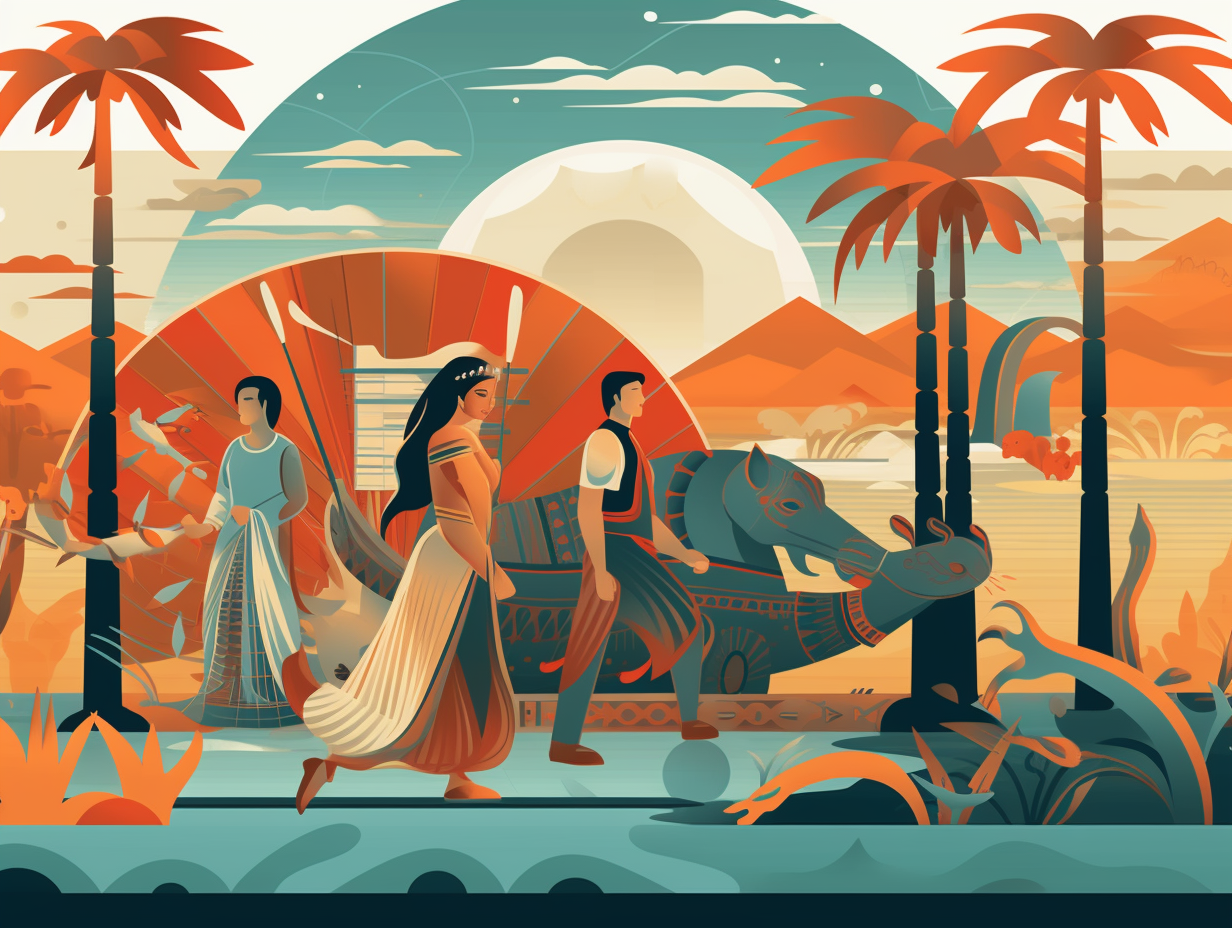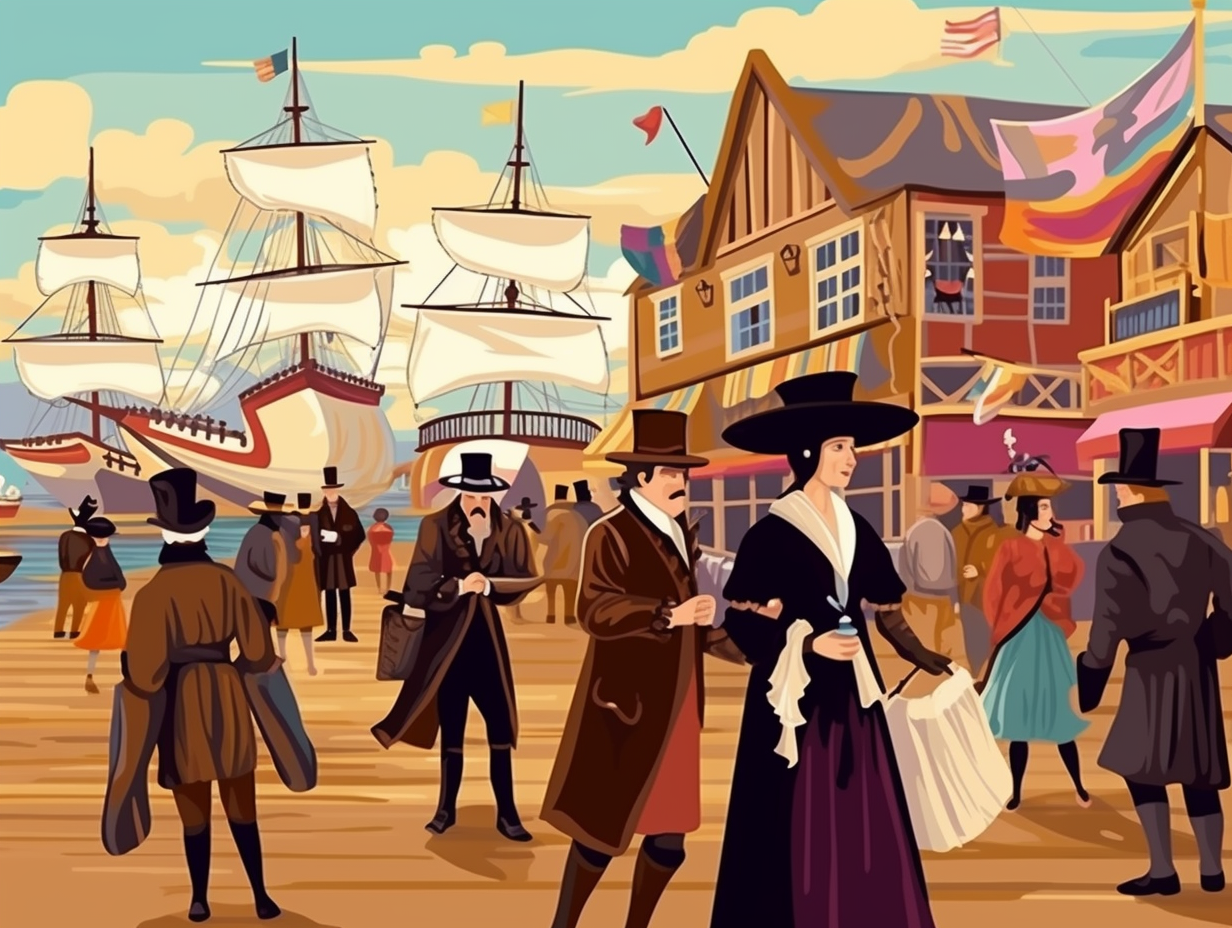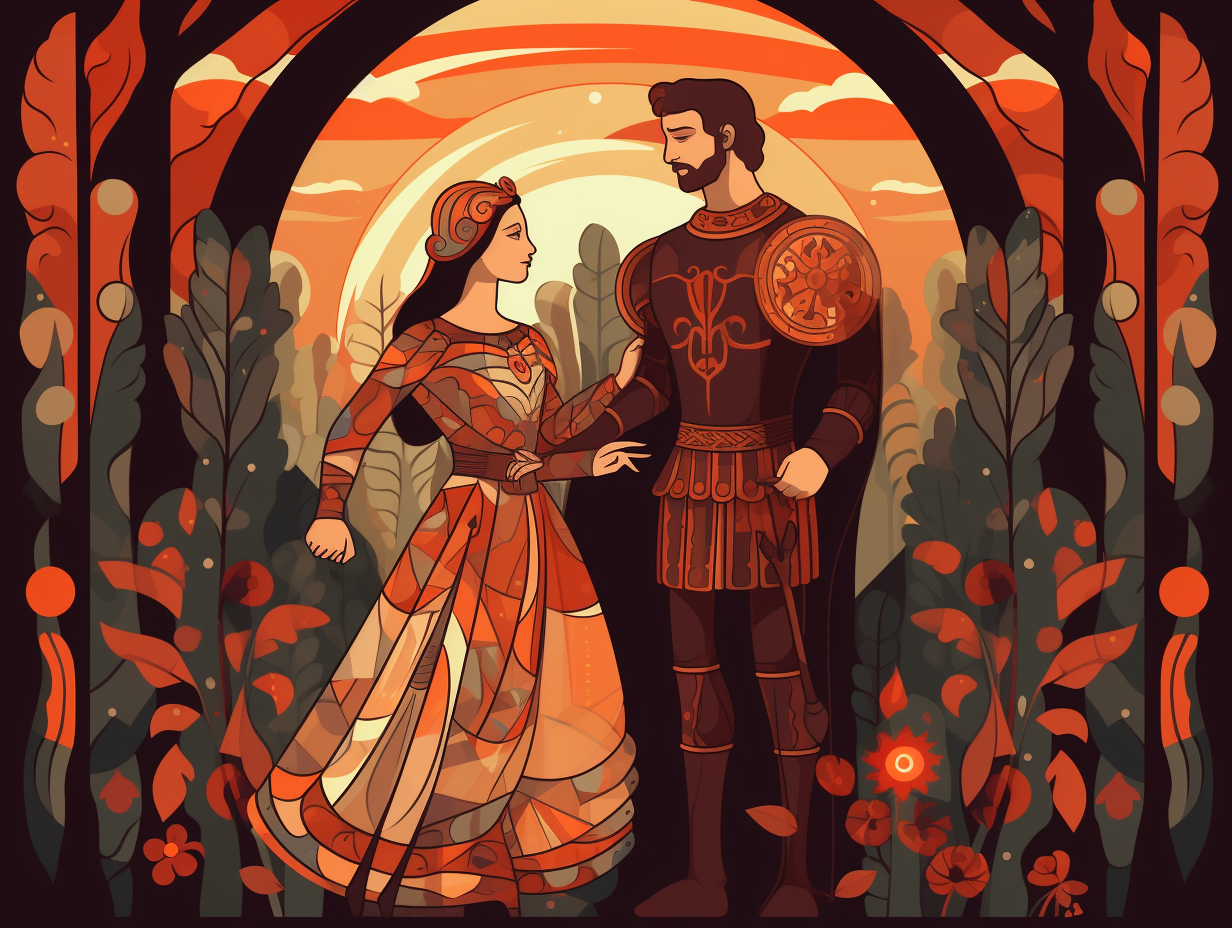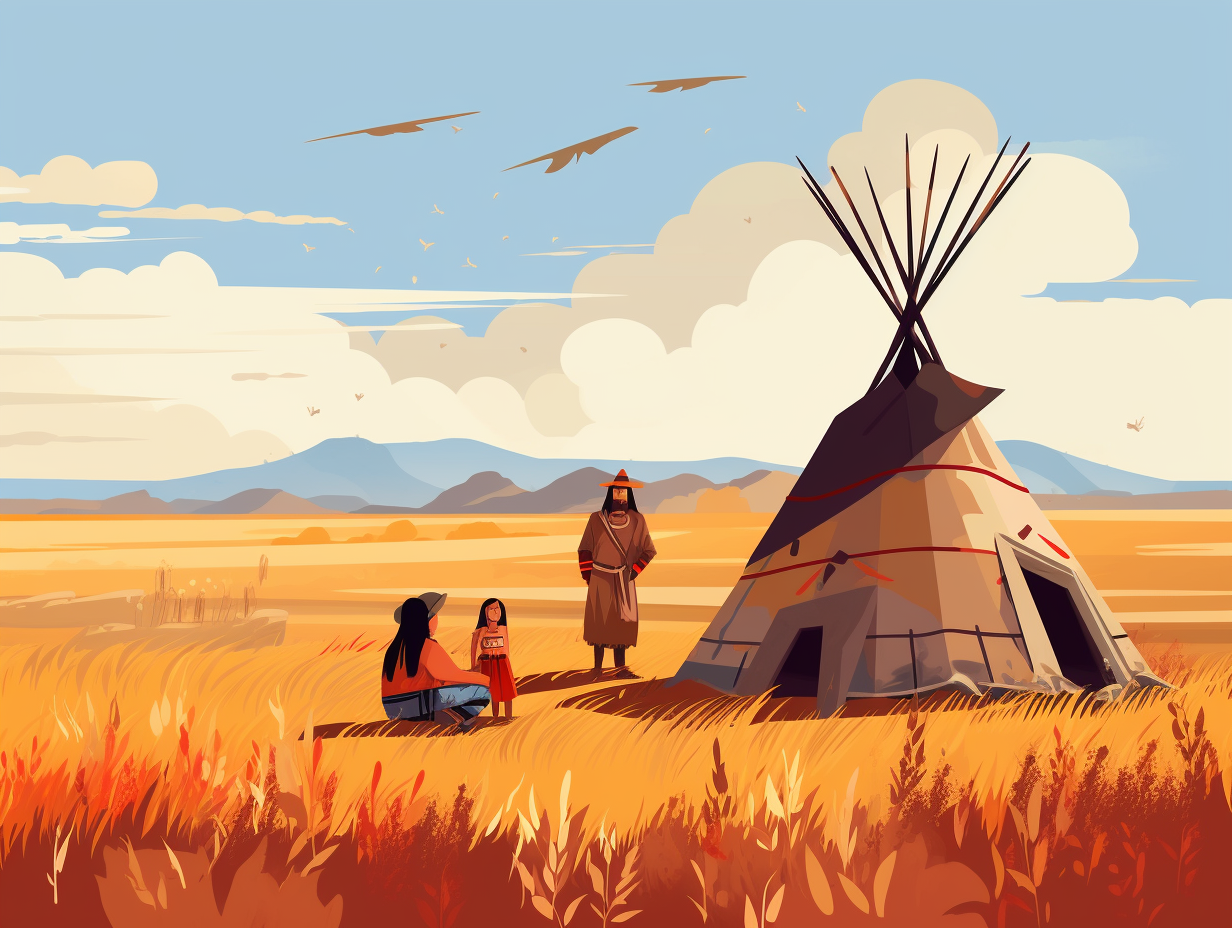Discover the Quirky Side of History: Top 10 Fun Facts About Connecticut Colony You Never Knew!
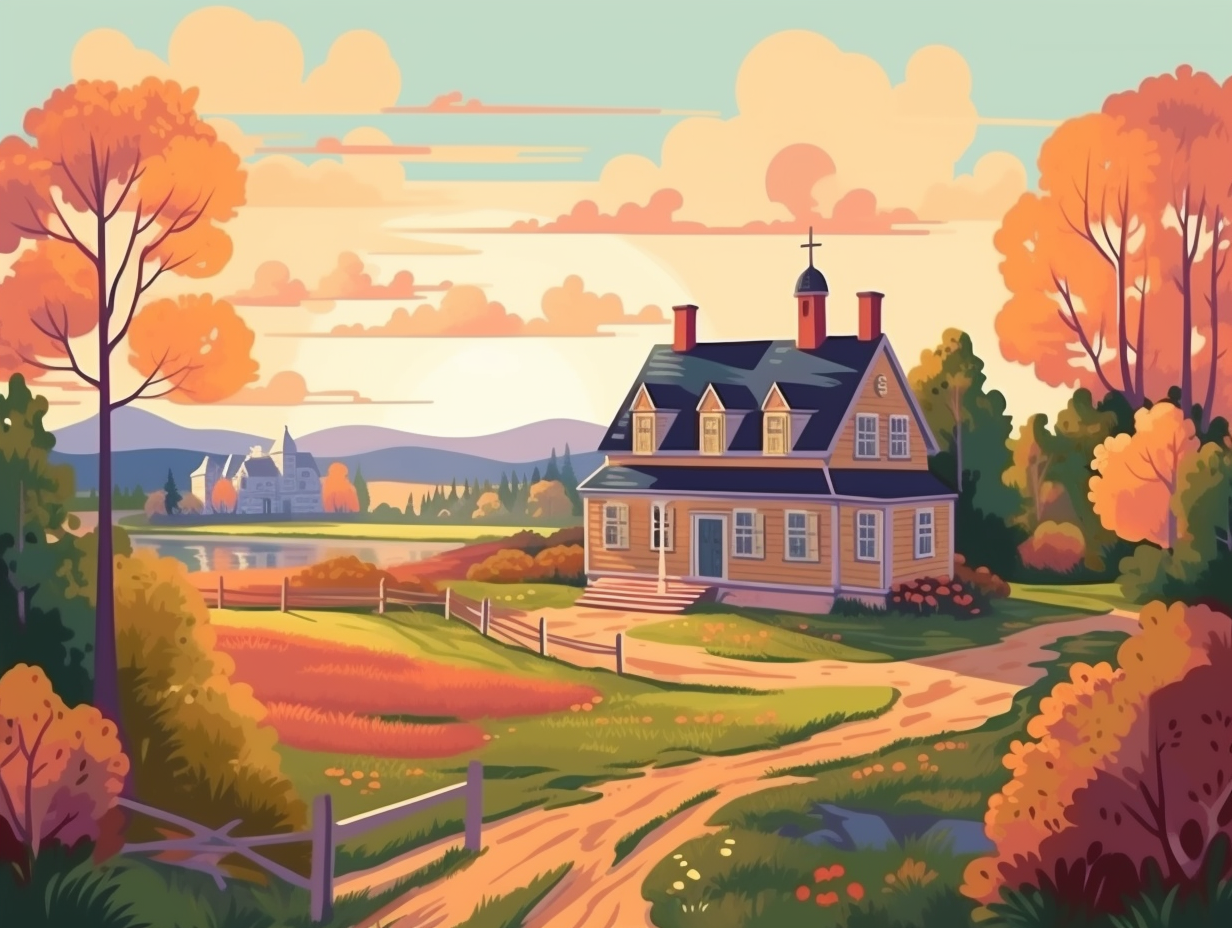
1. George's 5-Star Yelp Review
If George Washington had a Yelp account, he might have given Connecticut 5 stars for its impeccable delivery service: This New England gem was nicknamed the "Provisions State" during the American Revolution, supplying food and munitions to the Continental Army and Connecticut Militia, while its Revolutionary War heroes like General Israel Putnam, Governor Jonathan Trumbull, and soldier-spy Nathan Hale played key roles in forming our nation's early documents, including the Declaration of Independence, the Articles of Confederation, and the Constitution. Talk about a Founding Fathers-approved powerhouse!
Source => portal.ct.gov
2. First Written Constitution
In the land before time, or at least before Netflix binges and Twitter wars, there once existed a magical document that embodied the sheer exhilaration of democratic rule: The Fundamental Orders of Connecticut, established in 1639, stands as the first written constitution in the Western world. This trailblazing text even influenced Thomas Jefferson, whose fingers must have pirouetted with delight across his quill as he dropped the sentiment of "consent of the governed" into the Declaration of Independence.
Source => connecticuthistory.org
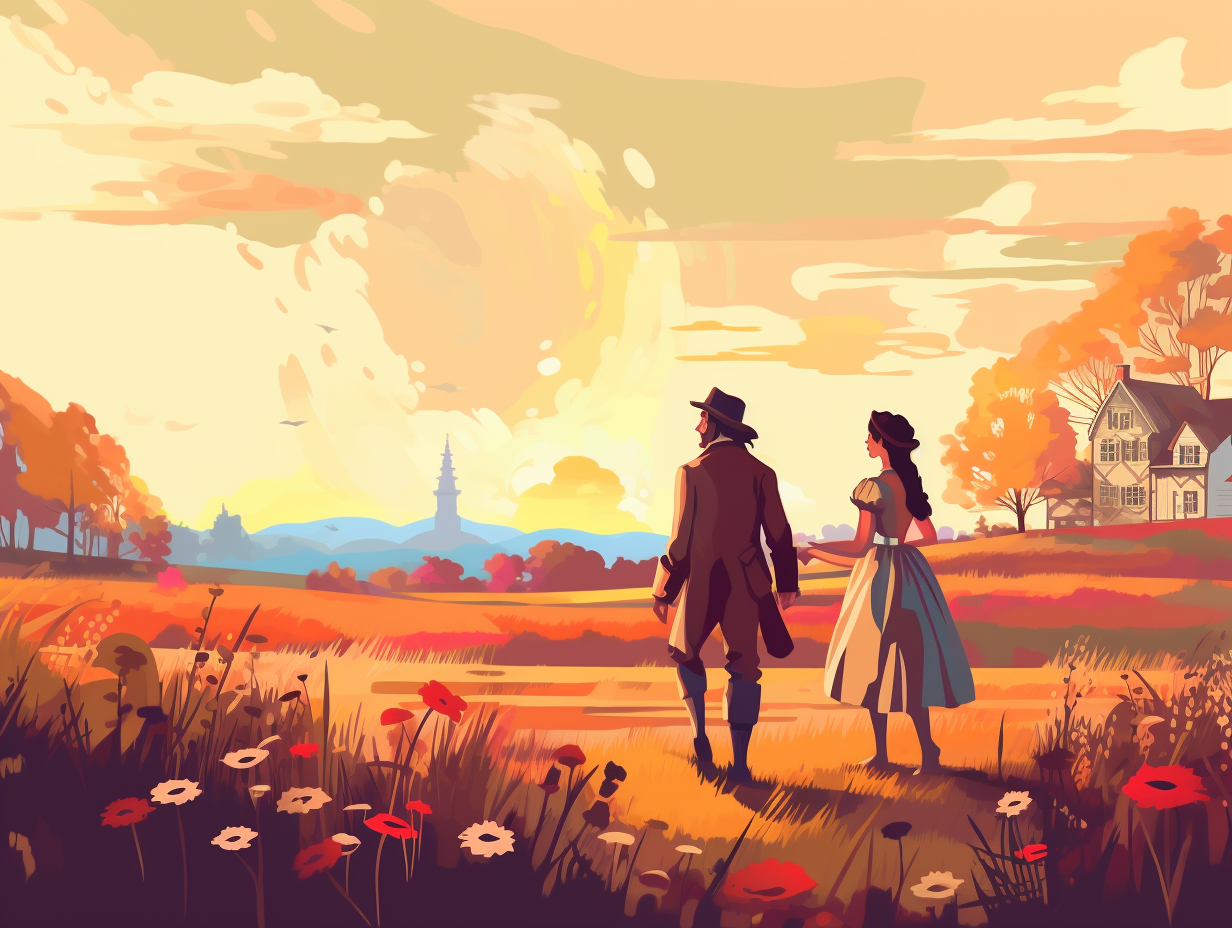
Did you know Anne Hutchinson founded a colony after being banished from her Puritan community? Discover how this led to the creation of Rhode Island!
=> Fun Facts about The-Middle-Colonies
3. Original Witch Hunt HQ
Before the witches of Salem pulled a Hocus Pocus and conjured up a storm, Connecticut Colony was the original Witch Hunt HQ in America: It all kicked off in 1647 when Alice 'Alse' Young of Windsor, Connecticut, was the first to be condemned for witchcraft, giving rise to a witch hunt that lasted decades, saw over ten witches executed, and changed the course of legal history when Governor John Winthrop Jr. decided that the burden of proof should be on the accusers rather than those accused of witchcraft.
Source => jud.ct.gov
4. The Faceless Wonder
Who needs a face when you've got a legacy that just won't quit? Thomas "Faceless Wonder" Hooker was all about branching out, setting the foundation for modern democracy, and giving his descendants a pretty sweet family tree: Thomas Hooker, the Connecticut Colony bigwig, not only inspired the first written constitution in America, but had a son who graduated from Harvard, and a granddaughter who married the famous Reverend Jonathan Edwards – all while leaving us without a single surviving portrait of his undoubtedly handsome mug.
Source => thoughtco.com
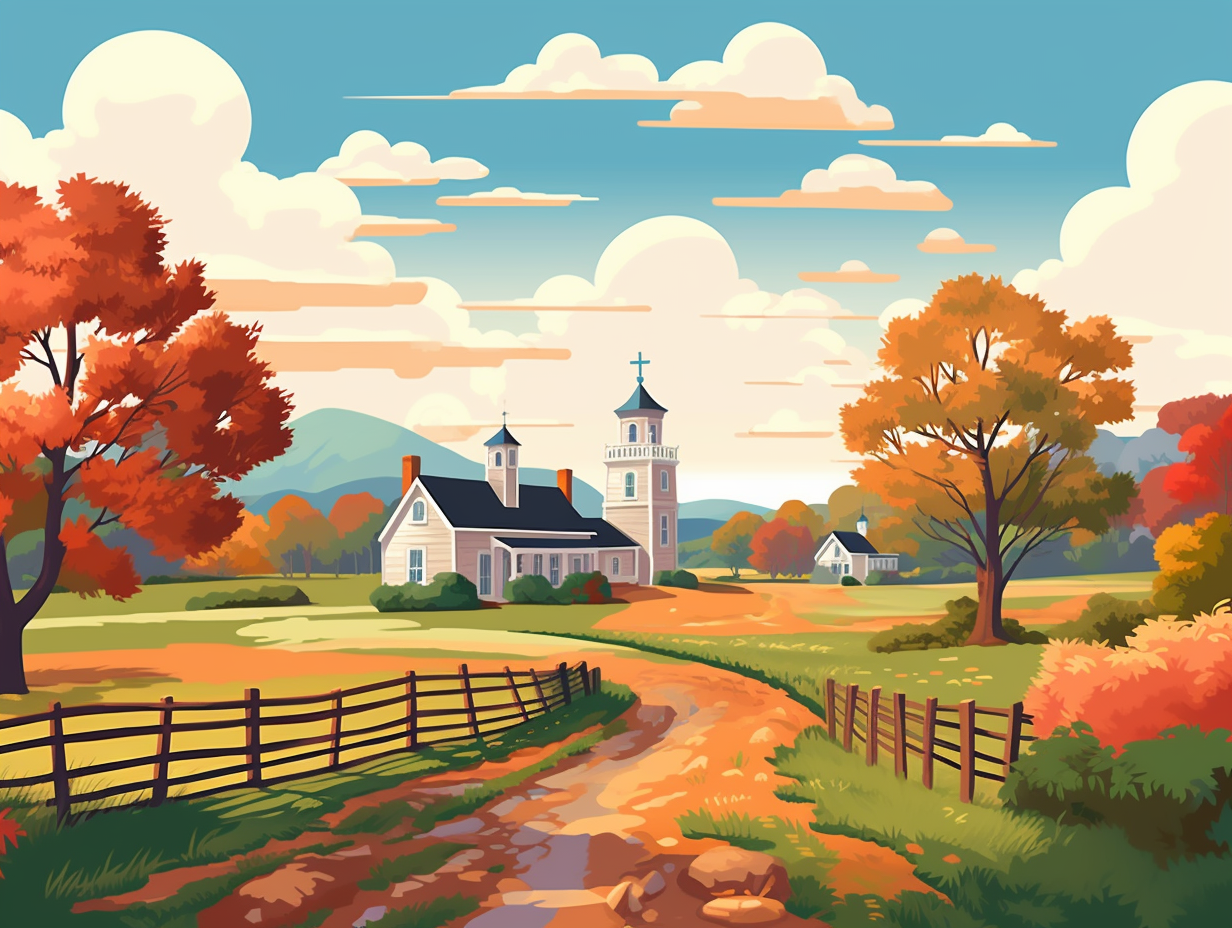
5. Hiding Charters in Oaks
In the wild world of tree-loving colonists, Connecticut's got quite the "oak"-ward tale to tell: When King James II came knocking to revoke their self-governing charter in 1687, the clever colonists stashed it in the hollow of the now-famous Charter Oak. The document remained safely hidden with the help of John Allyn, Secretary of the Colony, until the king's demise in 1689, allowing Connecticut to keep ruling with their squirreled-away charter intact.
Source => ancientburyingground.com
6. Bewitchingly Outrageous
Outrageously bewitching and spellbindingly shocking, Connecticut's early days would leave even the most seasoned Hufflepuff baffled: At least 11 people, including Alice Young, were viciously executed for witchcraft in the colony—yet, contrary to common assumptions, Connecticut steered clear of the infamously brutal Salem witch trials of 1692 in Massachusetts.
Source => cga.ct.gov
7. American Revolution Sender
Connecticut: the OG of American Revolution senders! You know, the kind of friend that's always got your back with troops, supplies, and motivational speeches when you're in a kerfuffle with Britain: The Nutmeg State played an essential role in the independence shenanigans of the original 13 colonies, boasting some rather influential government and military leaders.
Source => yale.edu
8. Holy Timber Legacy
Holy timber, Batman! From legendary oak to rocking chairs and baseballs: The Charter Oak of Hartford, Connecticut fell in 1856, and its wood was transformed into furniture including the Governor's desk, chairs for the state capitol, a painting chair for Frederic Church, and even a wooden baseball gifted to the Charter Oak Base Ball Club of Brooklyn in 1860 - forever immortalizing its legacy in American history.
Source => en.wikipedia.org
9. Farming Prowess Twist
Brace yourselves, wool fanatics, for the twistiest tale of farming prowess in colonial times: Connecticut may not have invented the toga, but their agriculture skills eventually surpassed Julius Caesar's era as they raised livestock alongside crops like tobacco and mulberry trees for silk production, turning their land into an economic powerhouse that left other colonies green with envy.
Source => patch.com

10. Husband Takes All Property
In the Connecticut Colony, "what's yours is mine" took a rather unexpected turn for married folks: Husbands had complete control over all property, including items the wife brought into the marriage, as the colony had no laws granting women the right to own or control property during their lifetime.
Source => guides.loc.gov
Related Fun Facts

